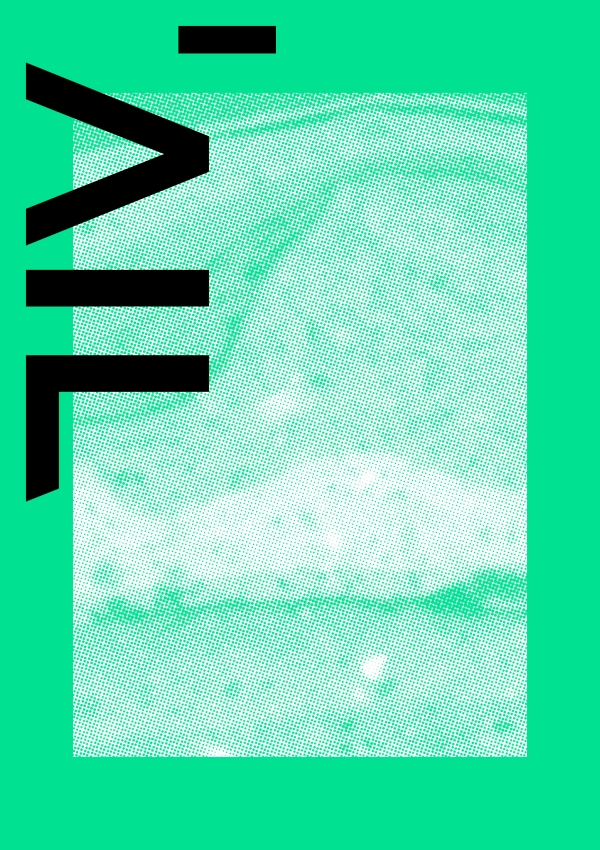Despite its positive connotations of liveliness and naturalness,
green is
increasingly reduced to its metaphorical content and separated from material, epistemological and historical references. As
such, it serves the fetishistic desire for hypercompensation of man-made systemic failure. The good intention of appropriating
green as a metaphor for ecologically sustainable politics gives way to an uncritical attitude with which capitalist
mechanisms appropriate the metaphor and make everything greener.
The foreshortening created by the symbolic exaggeration
of green in our urban and rural environment manifests itself in numerous paradoxes. Green-painted bicycle paths meet monocultural
‘green spaces’, hedges and bushes as ‘green concrete’. Commodities turn
green to make the artificial seem natural
– bins, street furniture, fences, artificial turf. In the countryside, meadows are replaced by non-endemic conifers, the evergreens
of intensive forestry, while at the same time ‘green tourism’ is promoted even where industrial sawmills are painted green.
While the greenest forest is not the most diverse, rapid reforestation methods often seek to achieve the highest CO2 absorption
and sequestration capacity, creating ‘green deserts’ at the expense of biodiversity.
Jens Hauser,
media theorist and art curator, has been collecting and cultivating greenery for three decades, offering insights into
the hunt for ‘trophies’.
Programme: https://ail.angewandte.at/program



